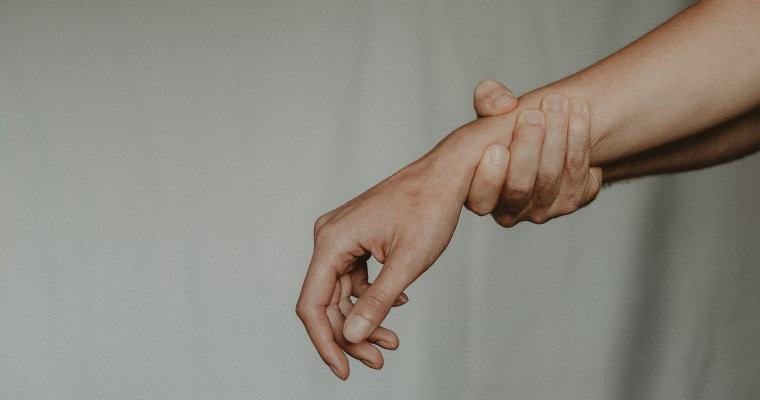It is a common misconception that poor circulation is the likely culprit when we get tingling or pins and needles. This is perhaps because people with uncontrolled diabetes have both pins and needles and poor circulation but these two aren’t causal.
Poor circulation may lead to several signs and symptoms to take note of:
- Swollen veins (varicose or “spider” veins)
- Skin discoloration
- Swollen legs and feet
- Weeping skin
- Slow wound healing, to name a few
These symptoms will be best investigated by a GP and if need be, a specialist but I wouldn’t recommend seeing a physiotherapist as your 1st choice when suffering the above.
Paraesthesia (the medical name for pins and needles / tingling) on the other hand, results from pressure on the outer layer of a nerve and having this assessed by a physiotherapist as your 1st stop would make perfect sense. The symptom alone doesn’t give us much indication of where the nerve is being pressurised or pinched but what’s more important is to ask why it’s being pinched. *Pinched nerves do not always cause pain – in addition to paraesthesia, it could also cause numbness, weakness and changes in bladder and bowel control.
If you regularly experience pins and needles while you’re in a very normal position, we become concerned that your normal activities are pressurising your nerve(s). Rather than avoiding the offending position or activity forever, we’d suggest an assessment to evaluate the location and the extent of the pressure. It’s usually a simple mechanical condition and easily resolved. But no matter what the cause, it’s advisable to relieve the pressure before it causes nerve damage.
A few examples we’ve heard from patients in the past week include tingling in the ‘mouse hand’ hand while working at the computer; in both hands when lying propped up in bed; and either/both legs while on the loo – and not one of these patients booked their appointment with this concern in mind.
This reminded us that there is a big misconception around what causes pins and needles, if it could be of concern and if it should be assessed.
Your health and physical wellbeing should be a priority deserving of quality care. Make sure to discuss any concerns you may have directly with your preferred physiotherapist, so that you can receive the appropriate guidance for your unique situation.

